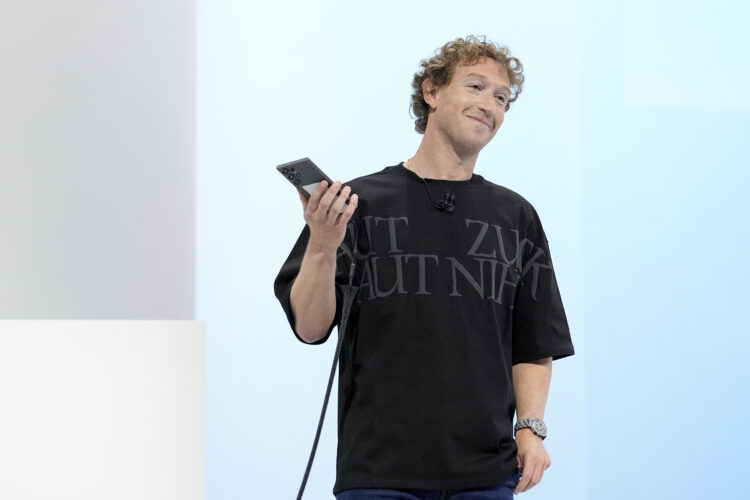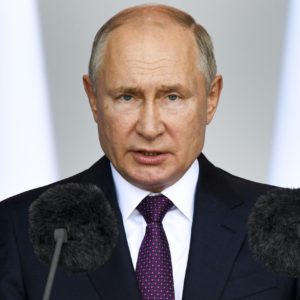Meta Platforms has reported that generative AI had a limited effect on global elections this year, with its president, Nick Clegg, noting that coordinated misinformation campaigns were largely unsuccessful on Facebook and Instagram.
Despite initial fears of AI-generated misinformation influencing public opinion, the volume of such content was low and quickly labeled or removed by Meta.
“I don’t think the use of generative AI was a particularly effective tool for them to evade our trip wires,” Clegg said of those behind coordinated disinformation campaigns. “The delta between what was expected and what appeared is quite significant.”
Learn more about the all-new VT News and subscribe today!
Clegg acknowledged that while the company previously”overdid” content moderation during the pandemic, it will now focus on balancing rule enforcement with protecting free expression.
“Our content rules evolve and change all the time,” he said. “We will definitely continue to work on all of that, mindful of the fact that we’re never going to get it perfectly right and to everybody’s satisfaction.”
He also highlighted that many deceptive operations have migrated to less regulated platforms.
Regarding Meta CEO Mark Zuckerberg’s plans to mend fences with President-elect Donald Trump, Clegg said he is unaware of the specifics but added that “Mark is very keen to play an active role in the debates that any administration needs to have about maintaining America’s leadership in the technological sphere…and particularly the pivotal role that AI will play in that area.”
Looking ahead to the significant election year of 2024, Meta remains vigilant against potential misuse of generative AI in political contexts, stating that the industry is committed to preventing AI-enabled disinformation campaigns.


















Add comment